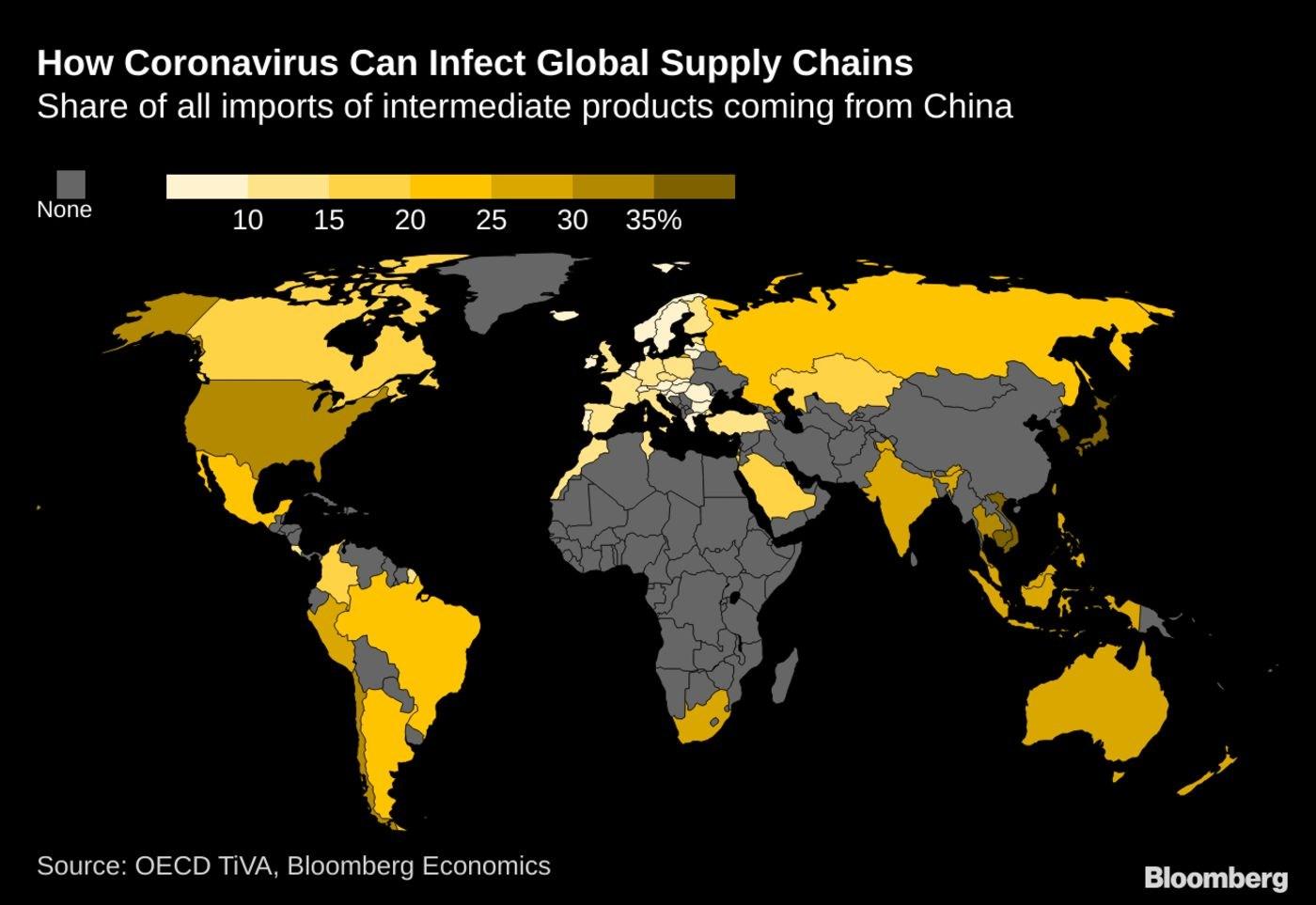
13 minute read
Associate Editor s Address
ASSOCIATE EDITOR’S ADDRESS
Greetings Brothers,
Advertisement
We’ve made it to November after what may have been for many of us, arguably the most challenging year of our lives. While many of us have had to endure the twists and turns that this year has brought us, it is my hope that we have also been finding ways to take advantage of the many opportunities that have presented themselves. Whether that entails expanding your financial portfolio, taking time to practice self-care, or spending more time with loved ones, it is important that we find the time for the things that keep us grounded.
First of all, we vote. Since we are in election week, it is important that we exercise our rights to vote.— not only for our ancestors, but for ourselves. I recommend that Brothers take the time to create a safety plan for the outcome of the election. I have been seeing many videos about turmoil in the streets across the United States as we get closer to election day, and hope that you all keep yourselves and your loved ones in safe keeping. While tensions are at an all time high, please reach out to one another and check-in. Often times, many of us end up biting off more than we can chew, and the high level of stress we typically are under, isn’t always easily identifiable.

This week will prove to be a challenging one, hence the shorter address. However, I would like to leave you with a quote:
“Our lives begin to die the day we become silent about things that matter” - Dr. Martin Luther King, Jr.
Fraternally,
Zikomo Barr, M.Ed. Associate Editor of the Sphinx Kappa Xi Lambda Chapter Alpha Phi Alpha Fraternity, Inc.

By Bro. Omezie Omeokwe

We have begun the 17th year of the Alpha Gaining Essential Networking Tools for Success (G.E.N.T.S.) Mentoring Program. The program was created in 2003, to help young men of color, between the ages 13-18 in New York City, to develop the skills needed to become productive, responsible and successful members of society.
The program curriculum is based on the following seven pillars: 1. Leadership Development 2. Mental/Physical Health 3. Financial Empowerment 4. Communication Skills 5. Career & Professional Development 6. Social Responsibility 7. College Readiness
Even with COVID-19 remaining an obstacle for our daily lives and ability to engage with one another, it has given us an opportunity to be even more innovative in our programming and expand the GENTS program to other youth who may not traditionally be able to attend the in-person sessions.
Due to COVID-19, monthly GENTS sessions are being held virtually. In the winter/spring of 2021, we will reassess the current situation with the pandemic and social distancing guidelines to determine if it is safer to begin hosting sociallydistanced in-person sessions. So far this year we held an Open House and the first GENTS Session in September attended by 7 brothers and 11 GENTS, which focused on Self Discovery. The 2020-2021 calendar of events for Alpha GENTS is as follows:
Fall 2020 • August - Open House (GENTS Session: September 12, 2020) • September - Self Discovery (GENTS Session:
September 19, 2020) • October - Self Advocacy/Networking (GENTS Session: October 17, 2020) • November - College/Career Exploration (GENTS Session: November 14, 2020) - NYPL HBCU College Fair • December - Financial Literacy (GENTS Session: December 12, 2020)

Spring 2021 • January - Entrepreneurship (GENTS Session:
January 16, 2021) • February - Knowledge of Self (GENTS Session:
February 6, 2021) - BLM Teen Conference • March - Stress Management & Self Care (GENTS Session: March 13, 2021) • April - Nutrition, and Hydration (GENTS Session: April 17, 2021) • May - Sexual Education/Project Alpha (GENTS
Session: May 15, 2021) • June - Celebrating Our Success (GENTS Session:
June 12, 2021)
This year we plan to expand the GENTS program to garner citywide influence, institutional partnership structure, and media coverage to gain community awareness of the impact of GENTS. If leveraged effectively Alpha Gents can gain influence in the political environment of the city. The mayor's office should be looking to us for feedback and recommendations on the pulse of the black community in Manhattan, but that comes from building relationships and getting good press.
To accomplish this we are looking to develop an even stronger and mutually beneficial relationship with Zeta Eta and Upsilon Upsilon. We are discussing a MOU proposal for our three chapters to jointly implement the national programs and serve as mentors for the Alpha Gents. We believe that having college students serving as mentors and providing support to GENTS in the college and career exploration will add great value to the program.

Alpha GENTS is the crown jewel of Kappa Xi Lambda and we need to maximize our support for the program. We are asking for every brother to contribute to our Alpha G.E.N.T.S. program in some way. Here are ways you can get involved:
Serve as a mentor – we need brothers to checkin on GENTS, support them with college exploration and applications, and help facilitate small group discussions with GENTS at the monthly sessions. Sign up at http://bit.ly/GENTS2021Mentor Donate to the Scholarship Program – Last year we only had enough resources to provide $250 to graduating senior GENTS. As prosperous as we are as a chapter, we can invest a lot more into supporting the educational aspirations of our future leaders and potentially future Alphas. Donate any amount you are able or sponsor a scholarship for an Alpha GENT. Kappa Xi Lambda has an MOU with the Wall Street Alpha Charitable Foundation to create a fund specifically to Alpha GENT Scholarship. Donations can be sent to http://www.wsacf.org/donate/ great way to get engaged in the chapter. The Committee on Scholarship and Education has esImplementation, Community Service & Partnerships, Communications, Scholarships, Philanthrohttp://bit.ly/GENTS20-21Mentor

any youth that would like to participate. Please spread the word in your community about the program. Also please let our Fundraising Committee know about businesses that may be interested in supporting Alpha GENTS. Our goal is to eventually raise enough money that the GENTS program can operate independent of chapter dues support. Greater financial support and participation from a larger group youth will also help Alpha GENTS in competing for grants and other philanthropic opportunities.
Join us in making an impact in the lives of African American youth of New York City through the Alpha GENTS program.

Join a Sub-Committee – Alpha GENTS is a tablished various roles and sub-committees to support the efforts: Vice-Chair, Curriculum & py & Grants, Alumni Engagement. Sign-up at Each One, Reach One!
Spread the Word –
Alpha GENTS welcomes
Bro. Omezie Omeokwe Director of Educational Activities

Exciting new releases from Black authors listed on page 10.

The Impact of Coronavirus on Supply Chains
Credit: Bloomberg.com

by Bro. Dr. G. Tony Bell COVID-19 has completely disrupted our lives in many ways. For example, the virus has severely limited our ability to access many goods and services, which we are able to receive through reliable supply chain management. So…what is supply chain management? Supply chain management (SCM) is a new (even newer today given the Coronavirus) world order of relationships among various functions, such as planning (forecasting), procurement (purchasing), manufacturing (production) and logistics (transportation and warehousing); and, it has become an increasingly important topic within the field of management due to growing marketplace complexity and the desire for organizations to gain a competitive advantage. SCM is defined as the management of a network of multiple entities (organizations or individuals), which are directly involved in the flow of products, services, and information from source to consumer to create value for the end consumer. When effective, the value of SCM to participating organizations is evident in how companies like Zara, Wal-Mart, and Proctor & Gamble have leveraged their supply chains to gain a competitive advantage (Bell and Sherlock, 2020). Because of COVID-19, the impact we currently experience is unprecedented in terms of the impact on the global economy, the global supply chain, and, most importantly, the impact of the people around the globe who drive these supply chains and respective businesses. Whether it has been from our personal shopping experiences or on TV, we have all consistently witnessed empty shelves at our local supermarkets and in our convenience stores – especially toilet paper and cleaning products. Yet what is often not visible to most consumers is the degree of major shortages of raw materials, component parts, subassemblies, etc. necessary for producing the final products we purchase and consume. And, these shortages result from extensive production disruption -not only in China, which we know is a major supply base- but, also in other parts of the world. In fact, we saw (and, in some cases, continue to see) major disruptions in the healthcare supply chain:

Shortages of medical supplies desperately needed by our medical professionals to help contain this horrible virus – e.g. N95 respirator masks are produced by two full-line manufacturers: 3M and Ameritech; and these limited sources caused major supply chain constraints before ramping up production and identifying alternative sources of supply. Active pharmaceutical agents – there are many produced in China; in fact, I believe that the active ingredients (API’s) for penicillin and a widely-used blood thinner is exclusively produced there.
Now, the good thing is that production in China ramped up significantly in April - especially near the Hubei province, which was the epicentre of the virus. This is extremely important as we see the number of cases dramatically increase as part of our third wave in the United States and similar waves around the world.
So, as organizations think about the supply chain challenges they face during this pandemic, what are some short-term actions organizations can take to best manage their supply chains during this crisis and in the future?

Renewed focus on cost reduction containment: such as in the customer service function within the retail and consumer products space, for example. There is an opportunity here to examine (or re-examine) service levels with customers. For example, for products that are considered “low volume” and “low profit,” customer service level target for these products can be as low as “95%” (e.g. on-time, in-full). Although this approach doesn’t align with the objectives of the organization’s sales and marketing functions, it does force organizations to ask the following: 1) Do we need to have 98% service level targets for ALL products?; 2) Do we need to provide valueadded services, such as expedited shipping or customized packaging, especially for customers who don’t need it or want it?
Re-examine & revise major supply chain business processes: Review key processes across the various supply chain functions: Plan, Source, Make, deliver; and, ensure there are appropriate business continuity plans in place for those relevant processes.
Strengthen supply chain relationships: External / Suppliers: remain in very close contact with key suppliers for: 1) understand their plans for potentially sourcing from sites in less affected geographies; and, stay in the minds of suppliers as they potentially make major material allocation decisions; in fact, further development of these relationships much be both short and long-term considerations.
External / Customers: manufacturers must continue to set the appropriate level of expectations relative to potential partial, missing, and/or late product deliveries.
Internal / Cross-functional business partners: as many corporate-level resources are working remotely, it is even that much more important to ensure dependent resources, like Plan and Make are communicating often.
Focus on our “people” – especially our people on the supply chain frontline: Incorporate “healthy living” campaigns into existing safety practices. People are most important asset of an organization, so they must ensure they consistently communicate adhering to important safety practices, such as constant handwashing and social distancing.
How about some long-term actions?
Improved risk management: Organizations must build much more robust risk management plans –both in the short term and long term. In fact, a large consumer products firm I worked for in the past developed a dedicated Supply Chain Risk Management Response team responsible for identifying potential supply chains risk across their end-to-end supply chain in North America. In scope for this team was a variety of supply chain disruptions – e.g. a major supplier who, in changing their overarching strategy, decided to cease production of a key raw material; highly disruptive storms, hurricanes, tornadoes, etc.; the potential impact of a major systems (e.g. ERP) upgrade.

Specific to supply disruption – nearshoring, broaden supplier choices; ensure there are multiple (including local) sources of supply to best mitigate the risk of disruption; think strongly about re-allocating supply volume to ensure there is enough volume with alternate suppliers.
Overall Lessons Learned: When things are back to normal, it will be important for organizations to perform one or more “lessons learned” workshops across each supply chain function – plan, source, make, deliver to carefully determine the impact of this pandemic on each function; and even more important,

“Now, there’s a fairly well-understood methodology, and most major companies have some kind of supply chain risk management process in place…However, those risk management processes are not robust enough to cope with the fallout of the coronavirus pandemic…” - Morris Cohen, Wharton professor of operations, information and decisions
Despite the horrible impact of this virus, there is definitely a “positive” aspect of this virus in that our supply chain students (who we view as our future supply chain leaders) are being taught resilience, flexibility, and responsiveness; and, the concept of risk mitigation – all of those things are companies today are moving to improve in their supply chains -especially as a result of this crisis. Last semester, when the pandemic hit us, I was teaching a class called “Global Procurement and Source Strategies,” whereby students are required to choose a current article based on current events in Procurement and provide a summary of their findings. Although stressed by the sudden change to their lifestyle, my students were so excited to provide article reviews on the subject of “supply disruption associated with Coronavirus.” We can only hope that this horrible experience will translate into highly effective and successful supply chain leaders.
For more information on this topic, feel free to listen to the following webinar, of which I was a key panelist: https://www.gep.com/webcasts/ coronavirus-and-beyond-what-businesses-should -and-shouldnt-be-doing-right-now
Note: access requires that you provide your email address Bell, G.T. and Sherlock, J. (2020) A Systematic Review of Factors Influencing Supply Chain Management Outcomes. Journal of Contemporary Research in Business, Economics, and Finance, 2(1). Available at: https:// doi.org/10.33094/26410265.2020.21.1.17.
https://www.fm-magazine.com/news/2020/mar/ supply-chain-tips-amid-coronavirus-outbreak23130.html
https://www.google.com/amp/s/www.axios.com/ coronavirus-supply-chains-china-46d82a0f-9f524229-840a-936822ddef41.html
https://www.google.com/amp/s/www.forbes.com/ sites/sap/2020/03/23/pandemic-exposes-weakness-oflean-supply-chains-its-not-too-late-to-fix/amp/

https://hbr.org/2020/03/coronavirus-isproving-that-we-need-more-resilient-supplychains

Bro. Gregory Bell Funraising and Investments Chair








